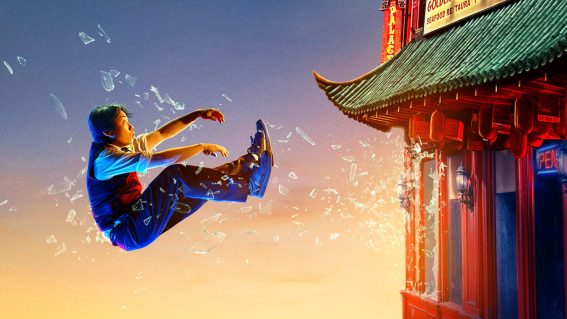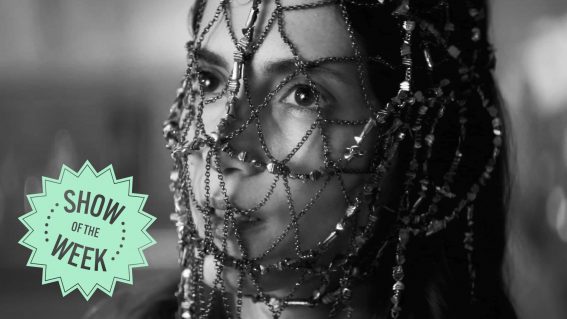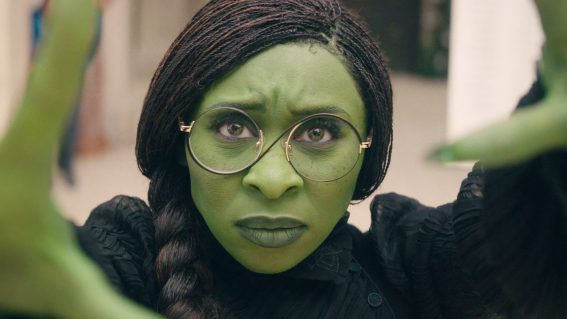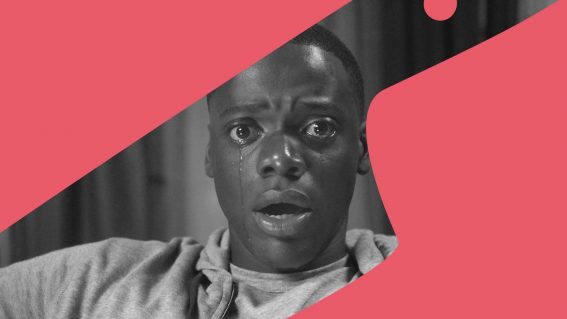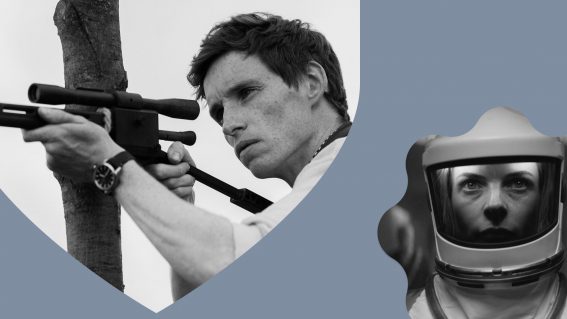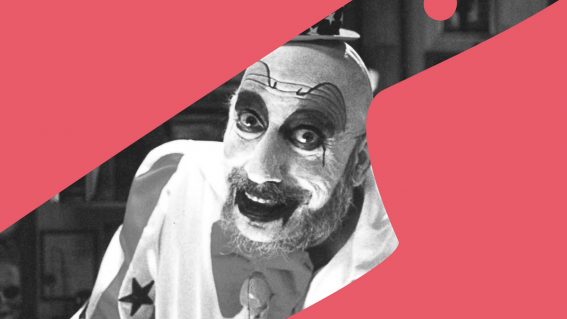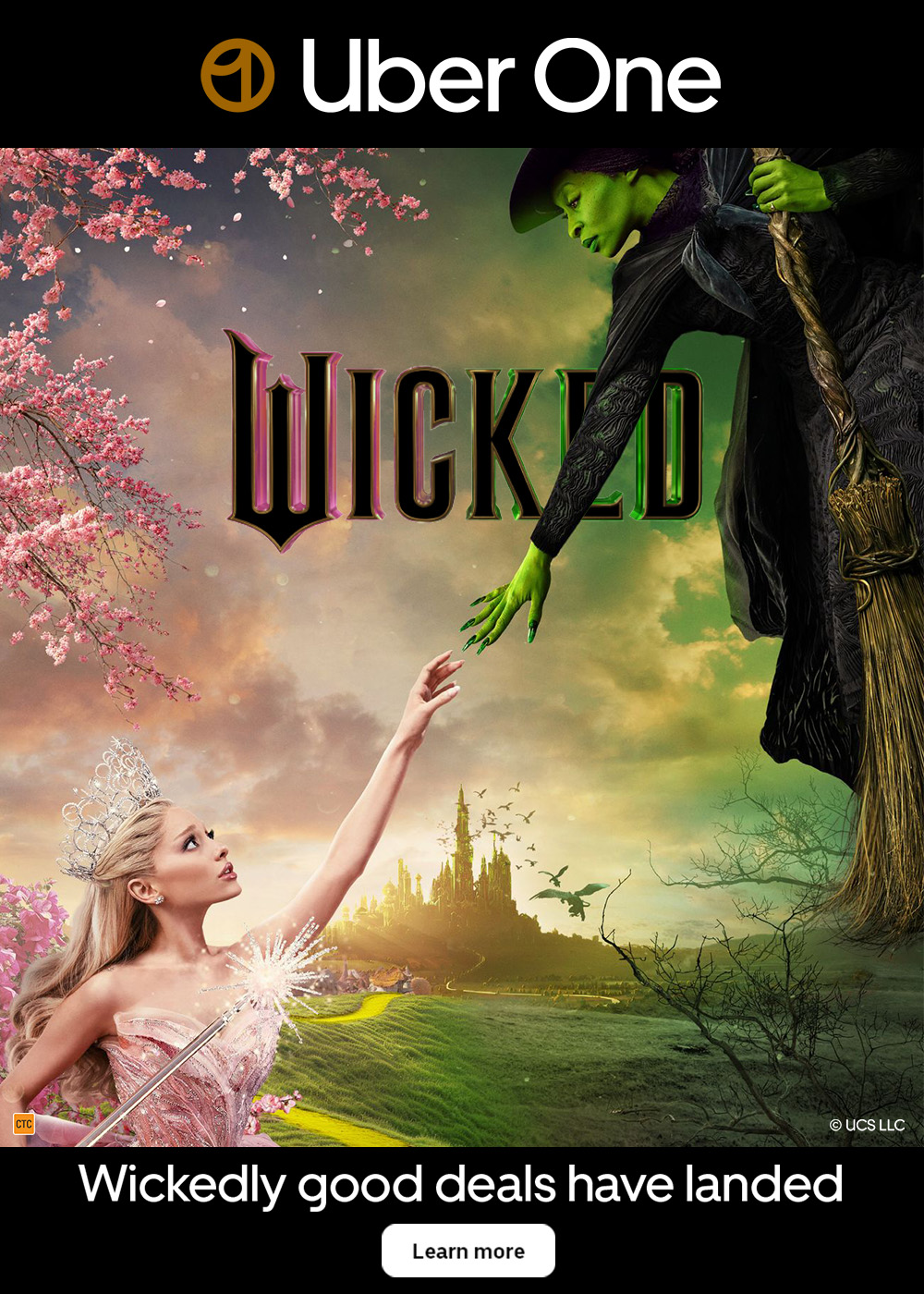The dark side of dance, from White Crow to Black Swan

![]()
Exploring the story of Russian ballet dancer Rudolf Nureyev, The White Crow (now playing in cinemas) fascinatingly contrasts dance routines against the grim reality of life under Soviet regime. Critic Travis Johnson looks at other examples of thrilling dance movies about a lot more than busting moves.
Musicals and dance movies aren’t all swooning romance and toe-tapping tunes – some of them get right under the skin of the human condition and probe at the raw nerve endings there.
In The White Crow, his third outing as director, acclaimed actor Ralph Fiennes puts the spotlight on legendary Russian ballet dancer Rudolf Nureyev (Oleg Ivenko), particularly his 1961 defection at Paris’ Le Bourget Airport. A fascinating look inside the world of Russian ballet, the film contrasts the spectacle of its dance routines against the grim reality of life under the Soviet regime, framing Nureyev’s life as a tale of artistic expression in the face of overwhelming oppression.
Other films use dance as a political allegory, and still others are straight-up horror movies. If you’d never hit play on a Rodgers & Hammerstain film and turn your nose up at a Busby Berkley routine, try these dark dance numbers on for size – you may just change your tune.
Cabaret (1972)
Bob Fosse (his name will come up again) directs Liza Minelli in this musical drama about nothing less than the rise of Nazism in 1930s Germany – so maybe now’s a good time to revisit this one? The Weimar Republic comes to glorious, decadent life as Minelli’s American dancer and Michael York’s bisexual intellectual taste the delights of the bohemian lifestyle, while in the background fascism stirs. Provocative, evocative, and bold, Cabaret is a stunning piece of musical cinema.
The Phantom of the Paradise (1974)
Brian de Palma’s delightfully garish music industry satire combines classic horror tropes with toe-tapping tunes from Paul Williams (he wrote the songs for The Muppet Movie, folks), who also stars as evil record impresario Swan, who steals the music of nascent songwriter Winslow Leach (William Finley). Disfigured in a record press and bent on vengeance, Winslow recreates himself as the masked Phantom and proceeds to stalk Swan’s new music venue, The Paradise. It’s all very ‘70s – if cocaine were movie, it would be this. Also features a pre-Suspiria Jessica Harper.
Saturday Night Fever (1977)
Unfairly dismissed as a disco confection by people who haven’t seen it, John Badham’s class-conscious drama was a genuine sensation upon release that rocketed John Travolta to superstardom. Travolta is Tony Manero, a working-class Brooklyn youth who escapes his dead end existence by tearing up the dance floors of the then-popping NYC disco scene. While the dace sequences are spectacular, they are counterpointed by the film’s depiction of the darker side of 1970s Brooklyn street life, including gang violence, sexual assault, racism and suicide.
All That Jazz (1979)
Choreographer and director Bob Fosse’s superb act of musical autobiography turns the dance musical inside out, stretching the genre in directions it was never intended to go. Roy Scheider (yes, Chief Brody) is Fosse’s on-screen alter ego, a driven artistic maverick fueled by drugs, sex, and cigarettes, who struggles to mount a musical production by day and edit his latest film by night. Inevitably a heart attack lays him low and the he descends into a lurid, musical phantasmagoria as all his obsessions become manifest in his dying mind. A masterpiece.
Dancer in the Dark (2000)
There’s grim and there’s grim and there’s Lars von Trier. The Danish provocateur’s genre-defying musical sees Icelandic singer Bjork as a factory worker struggling to raise money to cure her young son of the same affliction that will eventually send her blind. Her love of musicals helps her escape from the relentless drudgery of her life, but as tragedy compiles upon tragedy, her fantastical reveries won’t save her from the awful fate that awaits her. Not a film to watch when you’re feeling down.
Repo: The Genetic Opera (2008)
Horror specialist Darren Lynn Bousman (Saw II – IV) brings Terrence Zdunich’s endearing, pretentious gothic rock opera to the big screen with all the blood, corpse paint and cobweb tattoos you could hope for. Buffy the Vampire Sayer’s Anthony Head is a doting father by day and murderous debt collector by night, hacking out the internal organs of defaulting debtors while singing way his pain. His daughter, Shiloh (Alexa Vega) is oblivious to his activities, but yearns to be free of his cloying protectiveness. It all ends in blood, betrayal and song. If a high school drama department did a school musical of The Crow, it’d look something like this.
Black Swan (2010)
Darren Aronofksy’s transgressive and disturbing psychological thriller sees Natalie Portman’s cosseted and closeted ballet ingenue crack under the pressure of taking centre stage in Tchaikovsky’s Swan Lake. Things get rather horrific when Aronofksy employs body horror prosthetic effects to grotesquely distort poor Nat, her physical transformation reflecting her surrender of herself to the demands of the role. Portman was lauded with an Oscar for her performance, and rightly so.
The Lure (2015)
The weirdest film on the list by far, this Polish oddity sees two vampiric mermaid sisters leave the ocean to perform in a 1980s disco cabaret. It’s a hypnotic rock opera riff on The Little Mermaid, and a singularly strange experience that blends electro-pop, erotic dance, heavy metal and fairy tales into something wholly original.
Suspiria (2018)
Yes, the remake. Dario Argento’s 1977 original is an all-timer, but Luca Guadagnino’s version is its own thing, making dance as a practice and a culture central to its tale of feuding witches inside a German conservatory in the politically turbulent 1970s. The contortions that lead actress Dakota Johnson and her co-stars put themselves through, while rehearsing under the strict tutelage of Tilda Swinton’s icy headmistress, presage the body horror that comes into full bloom in the film’s gory and nightmarish climax – making it a good double feature with Black Swan, come to think of it.


